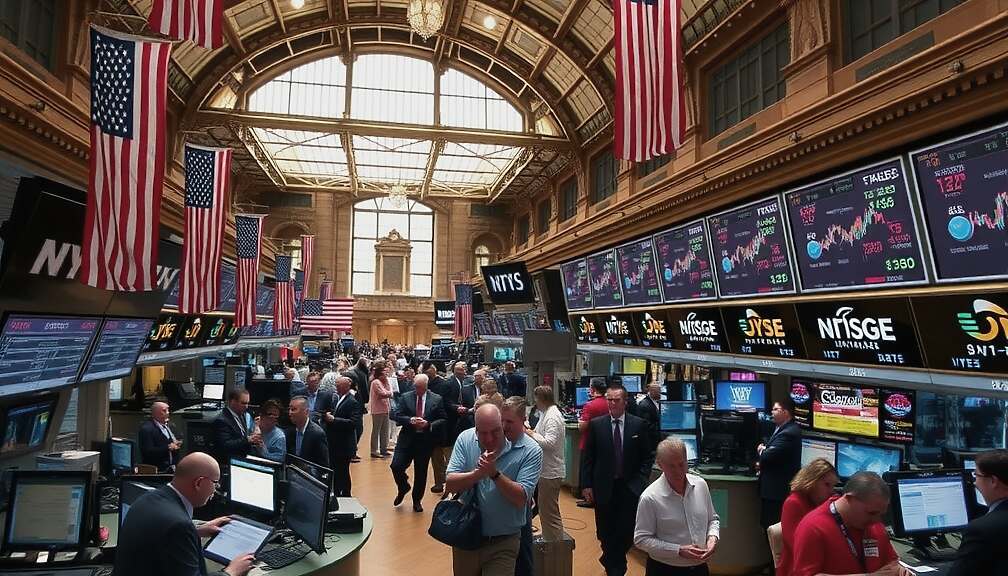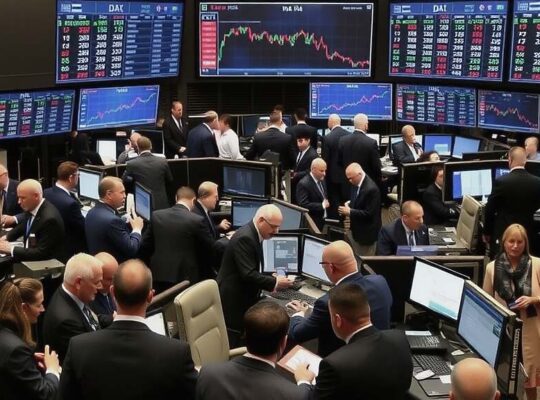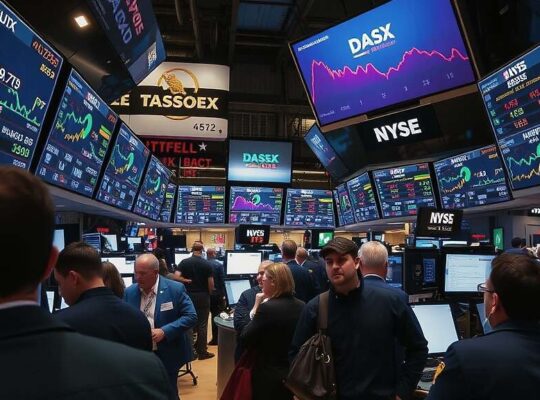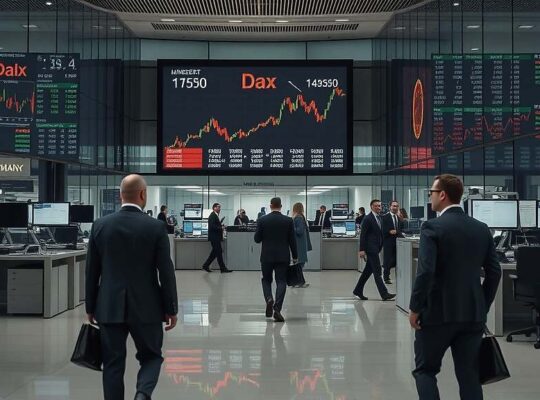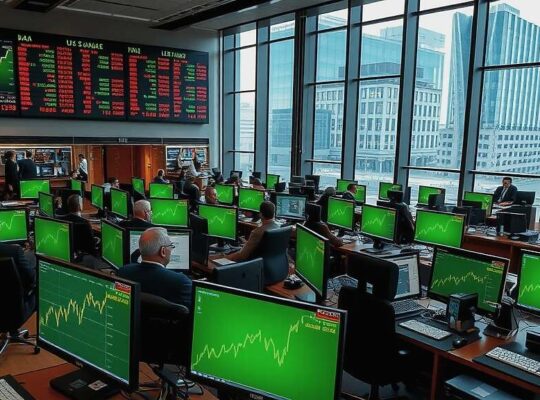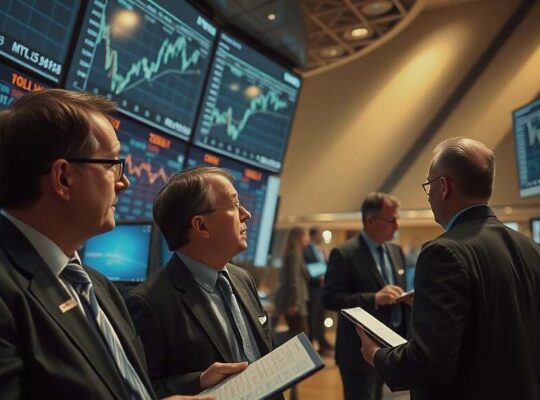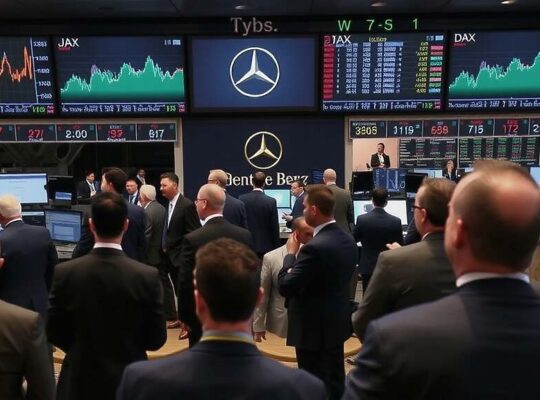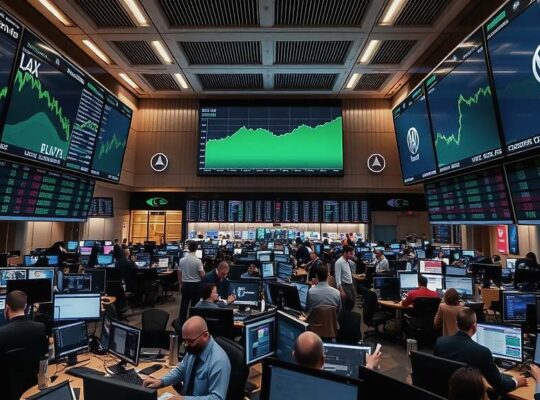The German DAX index opened Monday with gains, signaling a potentially optimistic start to the trading month of November. By 9:30 AM, the benchmark index stood at approximately 24,110 points, representing a 0.6% increase from Friday’s closing level. Siemens Energy, Mercedes-Benz and Volkswagen led the gains, while Qiagen, Adidas and Symrise lagged at the bottom of the performance list.
This early positive momentum arrives amidst a cautiously optimistic historical trend. According to Thomas Altmann of QC Partners, the last three Novembers concluded with positive returns for the DAX, a pattern consistent with the index’s historical performance. Examining the past 15 years reveals November as, on average, the strongest month for the DAX, a phenomenon Altmann attributes to the increasingly prevalent “Christmas rally” manifesting earlier in the year.
However, the market’s resilience is occurring against a backdrop of escalating political risk. The ongoing U.S. government shutdown, now entering its second month, threatens to become the longest in American history. While Altmann notes that the shutdown has, relatively speaking, receded from immediate market focus, he cautions against complacency. The shutdown’s longer duration inevitably will exacerbate economic setbacks for the U.S., a consequence policymakers struggle to fully articulate to the public. The prolonged impasse reflects a deeper political polarization, questioning the stability of American economic policy and potentially impacting global investment flows.
The Euro also exhibited weakness this morning, trading at $1.1526, reflecting ongoing concerns regarding the economic outlook in the Eurozone and the potential for diverging monetary policies between the U.S. and Europe. This volatility further underscores the complex interplay of political events and market sentiment fueling current trading behaviors.
Finally, oil prices edged higher, with a barrel of Brent North Sea crude reaching $64.97, a 20-cent increase, demonstrating underlying demand concerns and geopolitical tensions that remain a persistent influence on the global economy.


